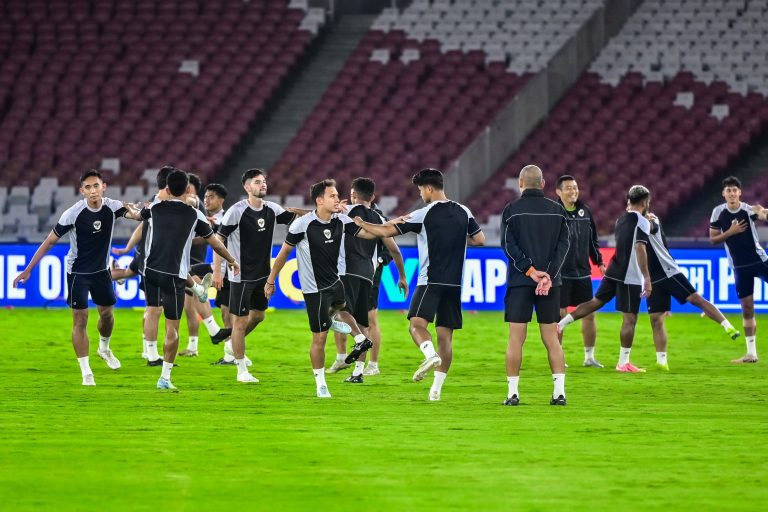In recent years, the world has witnessed a meteoric rise in the popularity of eSports, with Asia emerging as a powerhouse in this rapidly growing industry.
From China to South Korea, and beyond, the passion for competitive gaming has transcended cultural boundaries, captivating a diverse audience and reshaping the landscape of entertainment.
So, what factors contribute to the unprecedented popularity of eSports in Asia?
First and foremost, Asia’s deep-rooted gaming culture has laid the foundation for the exponential growth of eSports in the region.
Video gaming has been an integral part of Asian youth culture for decades, with a rich history of arcade gaming, PC bangs, and console gaming.
As a result, the familiarity and enthusiasm for gaming have seamlessly transitioned into the realm of competitive eSports, creating a fertile ground for its widespread acceptance.
Moreover, the rise of eSports in Asia can be attributed to the region’s technological prowess and infrastructure.
With a high internet penetration rate and access to cutting-edge gaming hardware, Asia has become a breeding ground for competitive gaming talent.
The proliferation of high-speed internet and the prevalence of gaming cafes have facilitated the development of a robust online gaming community, fostering a conducive environment for eSports to thrive.
Furthermore, the influence of eSports on traditional media and entertainment cannot be overlooked.
In Asia, eSports events are broadcasted on mainstream television channels, reaching millions of viewers and legitimising competitive gaming as a mainstream form of entertainment.
Additionally, eSports tournaments in Asia draw massive crowds, filling stadiums and arenas with fervent spectators, akin to traditional sporting events.
This convergence of digital entertainment and live spectatorship has elevated eSports to a cultural phenomenon, captivating audiences across the continent.
Another pivotal factor in the popularity of eSports in Asia is the strong emphasis on professional gaming as a viable career path.
In countries like South Korea and China, professional gamers are revered as celebrities, enjoying lucrative sponsorships, endorsements, and media exposure.
The allure of turning a passion for gaming into a lucrative profession has inspired a new generation of aspiring eSports athletes, further propelling the industry’s growth.
Furthermore, the global success of Asian eSports teams and players has elevated the region’s standing in the international gaming community.
From dominating competitive titles like League of Legends and Dota 2 to excelling in popular mobile games, Asian eSports talent has garnered worldwide recognition, cementing the region’s status as a formidable force in the eSports arena.
















